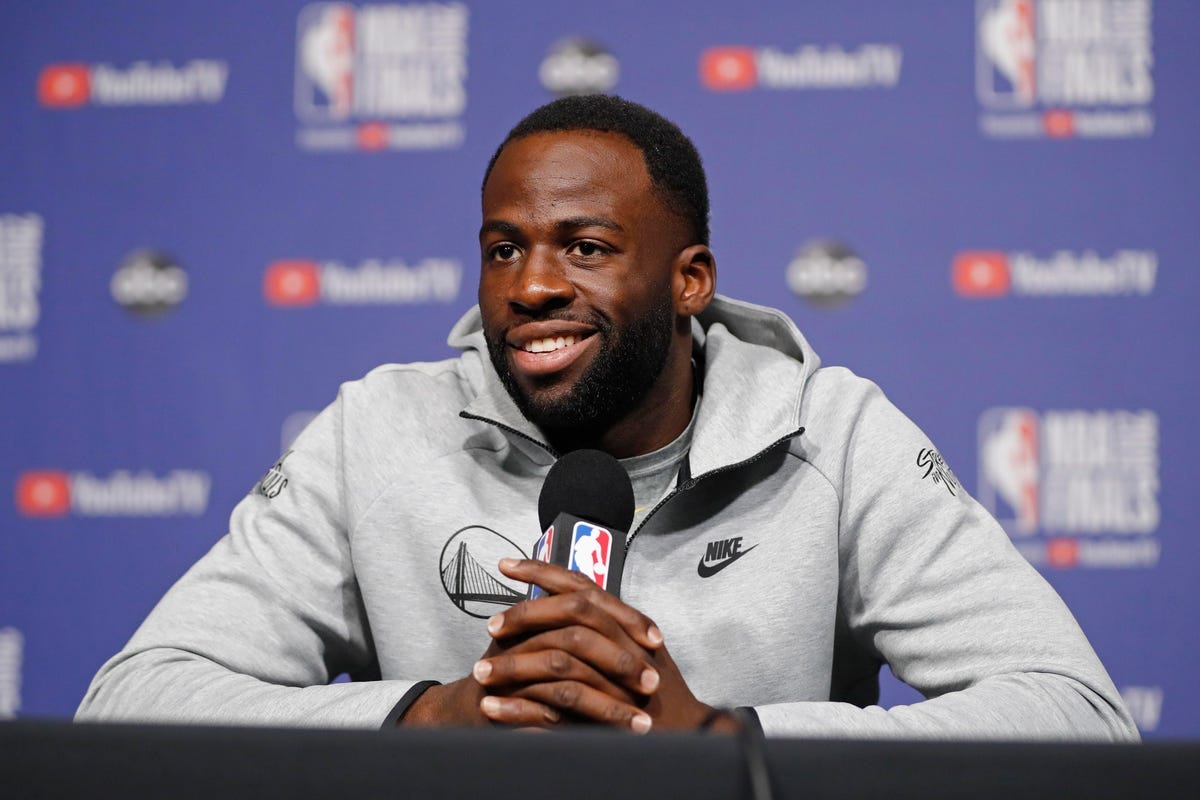Heliocentric defense, legitimate two-way threats, and more
Happy holidays!
Thought Of The Week
I can’t get this quote from Draymond Green, referencing Jonathan Kuminga’s rapidly improving defense, out of my head:
“I don’t play defense in the team concept,” Green said. “I know most people think I do, but I don’t. When you’re good enough, the team concepts adapt around you. That’s what he’s starting to show. We may not want him to pick up as high as he picks up all the time. But if you’re wreaking havoc and it’s bettering us and it’s worsening the opponent’s offense, who is going to say stop? When you’re good enough and you’re capable, the team concepts adapt around you.”
Draymond Green is one of the most open and incisive players of this generation. He’s implanted oodles of thought-worms in my head (sorry), where they wriggle around for a bit until I’ve grappled with them enough to set them in their place. I’m still wrestling with this one.
We talk all the time about heliocentric offenses, in which an entire offensive scheme is built around one player to maximize their strengths. The Harden-era Rockets from the late 2010s and the current Luka Mavericks are the most commonly cited examples of this idea.
But the heliocentric defense is something else entirely. Prime Kawhi Leonard fits this bill; in his defensive prime, in the mid-2010s, he was so fierce that opponents would occasionally station players guarded by Kawhi 35 feet from the basket so that the rest of the team could play 4-on-4 without fear of the Klaw ripping the ball away.
Rudy Gobert’s Jazz teams were also the perfect fit for this concept. He was heliocentric in a more traditional sense: the Jazz’s perimeter defenders orbited around him quite literally, racing opponents off the three-point line and sending them his way like space detritus destined to be burned up by Gobert’s superheated gas.
You could argue that defensive heliocentrism carries over better to the playoffs than its offensive counterpart. Harden and Luka, despite playoff success, have yet to make an NBA Finals, while both Kawhi and Green have won multiple titles as their team’s best defenders. That narrative certainly could change rapidly, but at this point, there’s increasing skepticism in the league that offensive heliocentrism is a sustainable system against elite, prepared defenses. Meanwhile, defensive heliocentrism is likely stickier in the playoffs, as it’s harder for offenses to scheme out elite defenders (particularly big men) than for defenders to subdue a singular offensive fulcrum.


